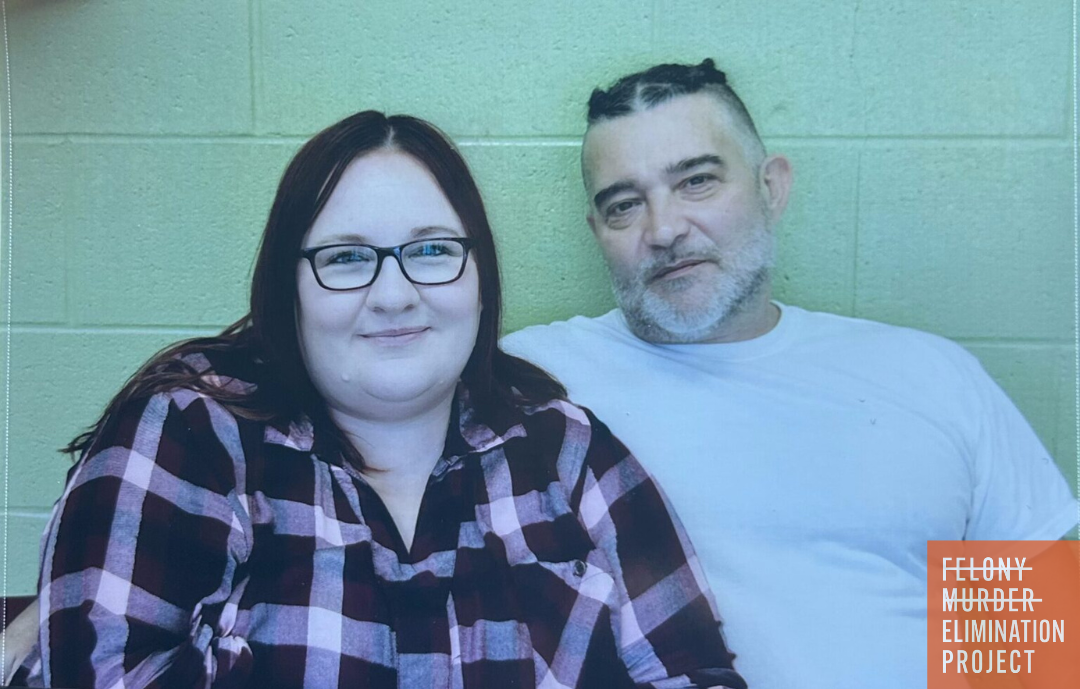How the Prison System Keeps its Grip on Parole-Eligible People

The following essay "Texas Hold'em: How the Prison System Keeps its Grip on Parole-Eligible People" is written by Kwaneta Harris, and appears on her Substack page, Write or Die.
Excerpts appear below.
*****
There's a widespread misconception among the public, judges and even defense attorneys that good behavior in prison leads to parole. I used to believe it myself. After all, isn't that the premise of rehabilitation? Do your time, follow the rules, better yourself and earn your way back to society. But after seventeen years behind these walls, I've witnessed a different reality, one where the system's grip tightens rather than loosens, even as we prove ourselves worthy of release.
The system's arbitrary power to extend punishment beyond its original scope creates a despair that some find unbearable. The state sinks its claws into us and simply refuses to let go, finding new reasons, new classifications, new "concerns" to keep us caged.
As my own parole date approaches, I find myself wondering which reason they'll invent to keep me here. Will my good behavior be labeled as manipulation? Will my job skills make me too valuable to release? Will they suddenly "discover" an error in my time calculations? I'm a senior citizen now, my years of productivity and potential community contribution dwindling, yet the system's grip remains as tight as ever.
The truth is Texas' prison system operates like a giant game of hold'em, but instead of cards, they're holding human lives. They keep raising the stakes, changing the rules, and bluffing about rehabilitation while running a rigged game. The house always wins, and we, the incarcerated, the rehabilitated, the parole-eligible keep paying the price.
*****
You can read the full essay, "Texas Hold'em: How the Prison System Keeps its Grip on Parole-Eligible People" by Kwaneta Harris from her Substack page, Write or Die.
Kwaneta Harris is a former nurse, business owner, and expat, now an incarcerated journalist and Haymarket Writing Freedom Fellow. In her writing she illuminates how the experience of being incarcerated in the largest state prison in Texas is vastly different for women in ways that directly map onto a culture rooted in misogyny. Her stories expose how the intersection of gender, race, and place contribute to state-sanctioned, gender-based violence.










